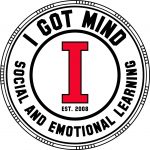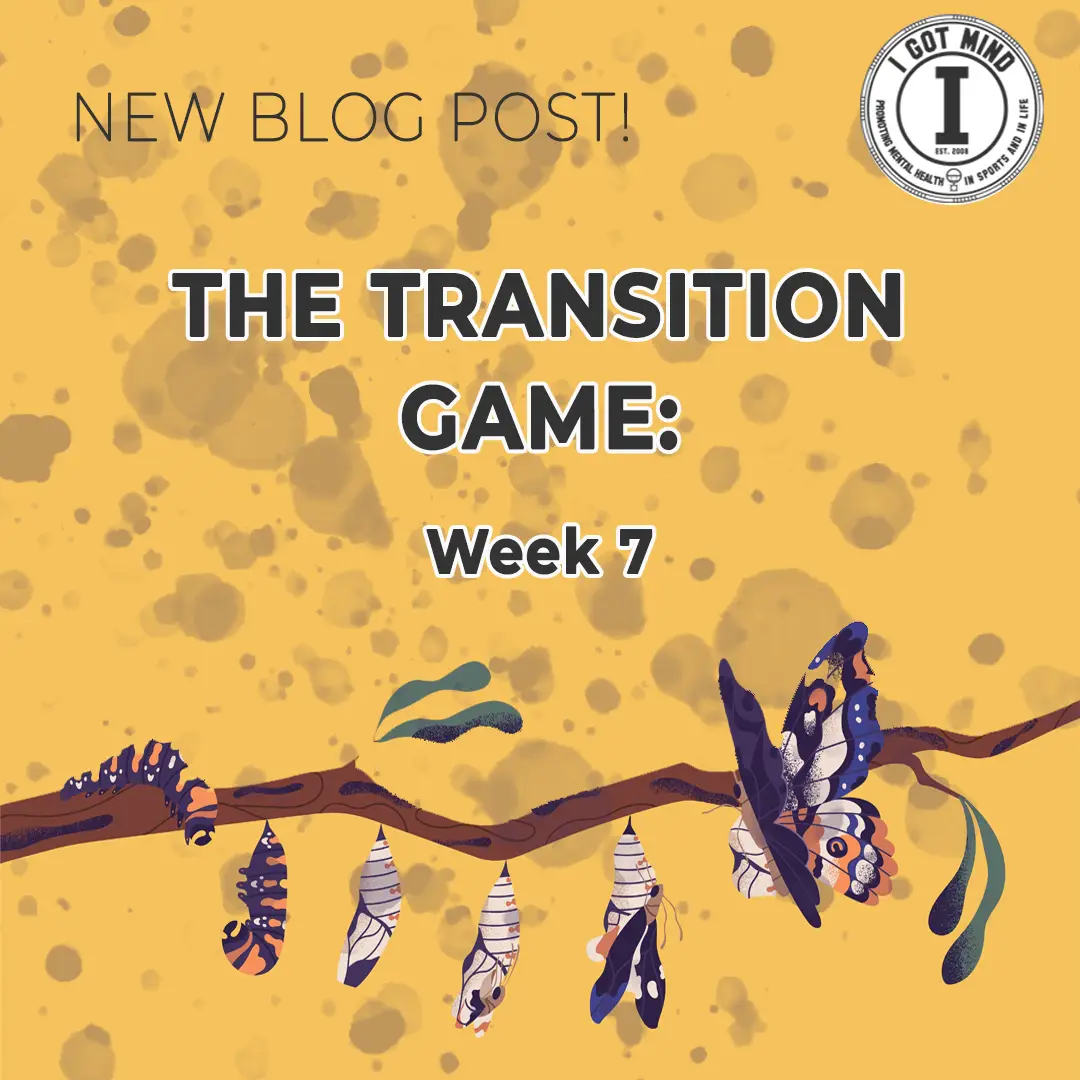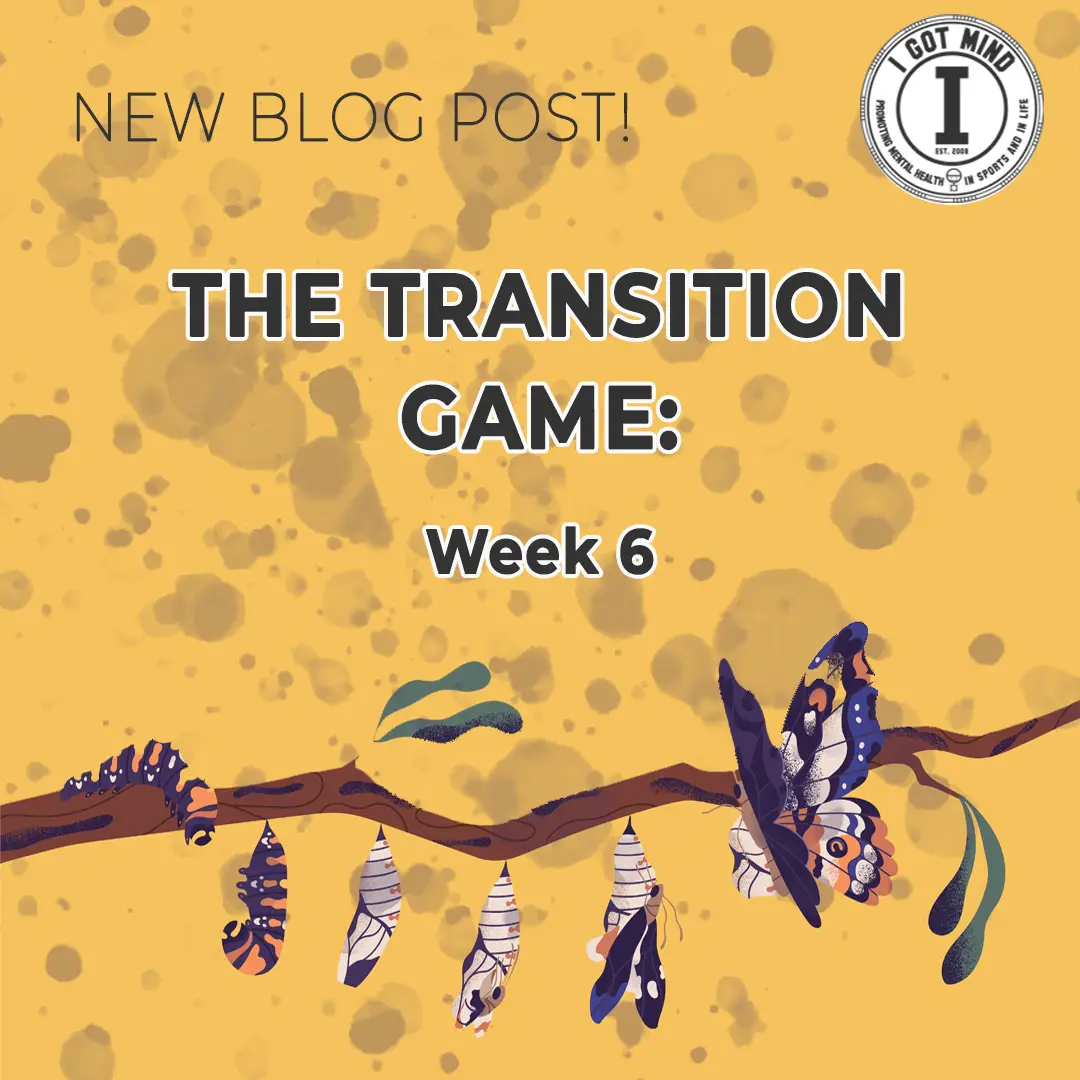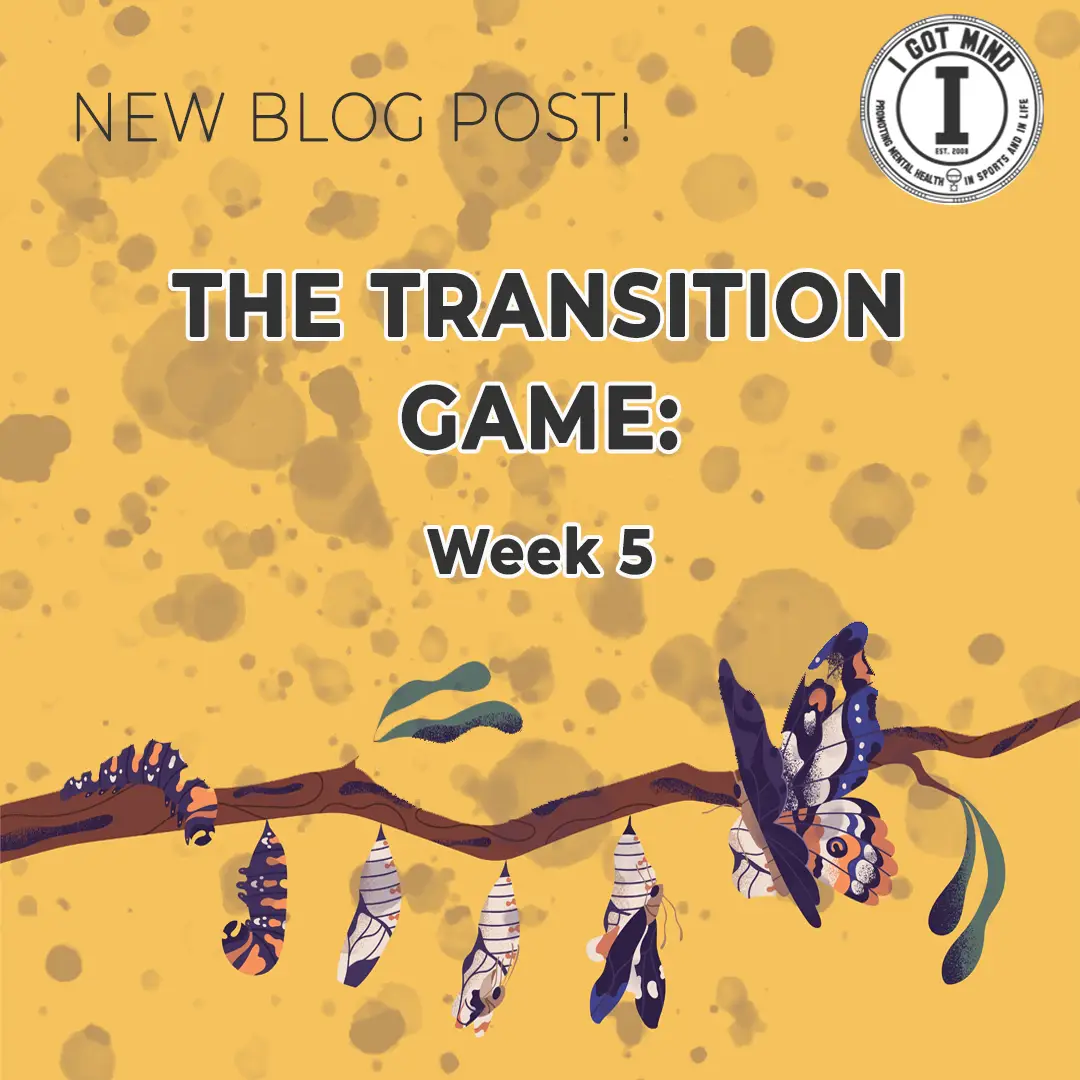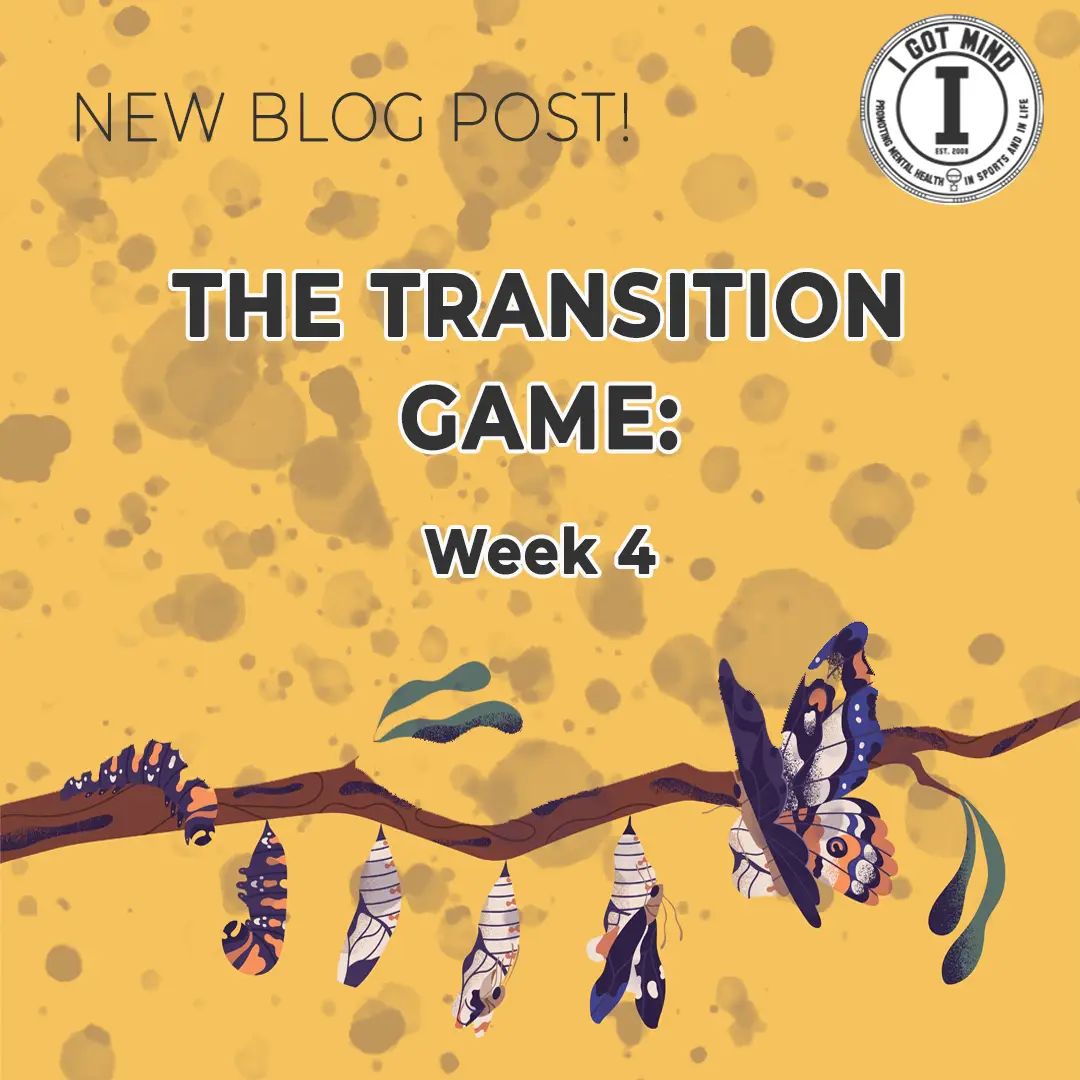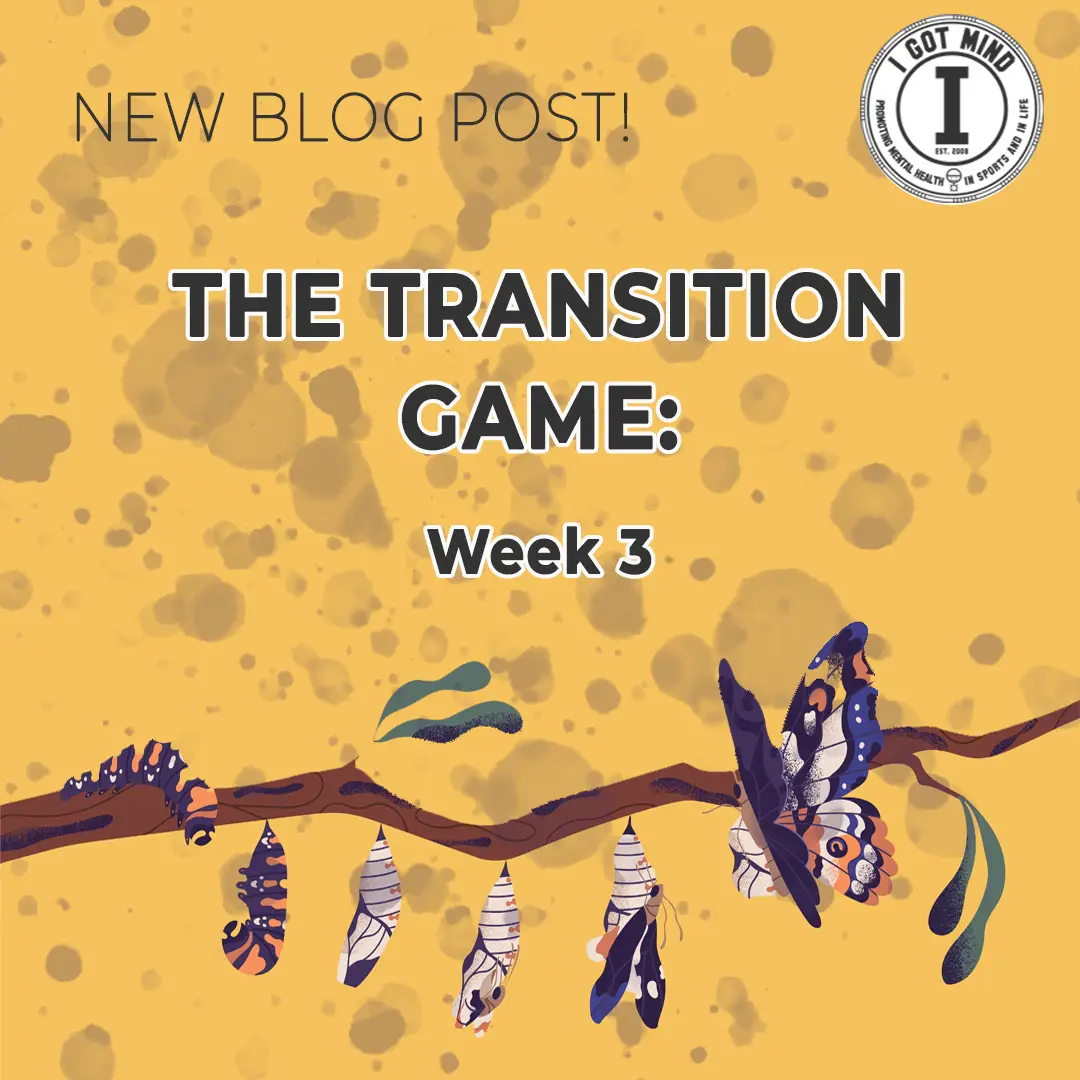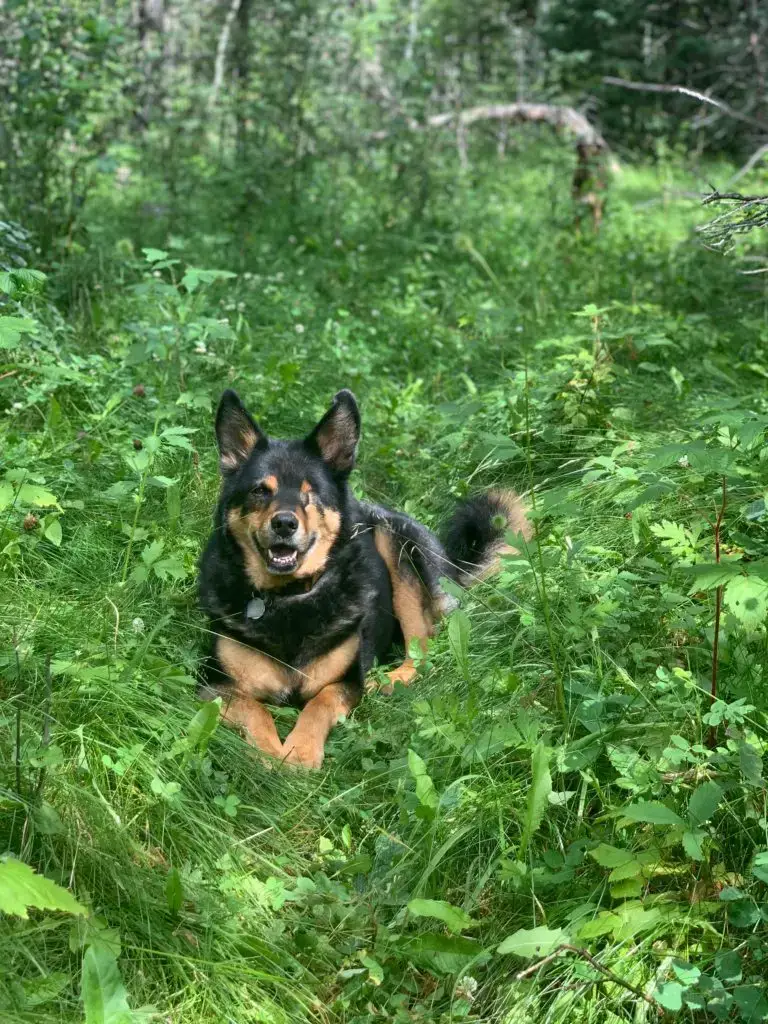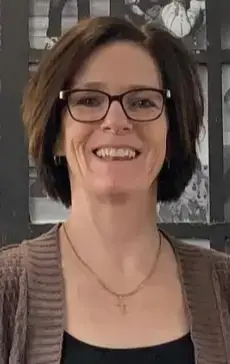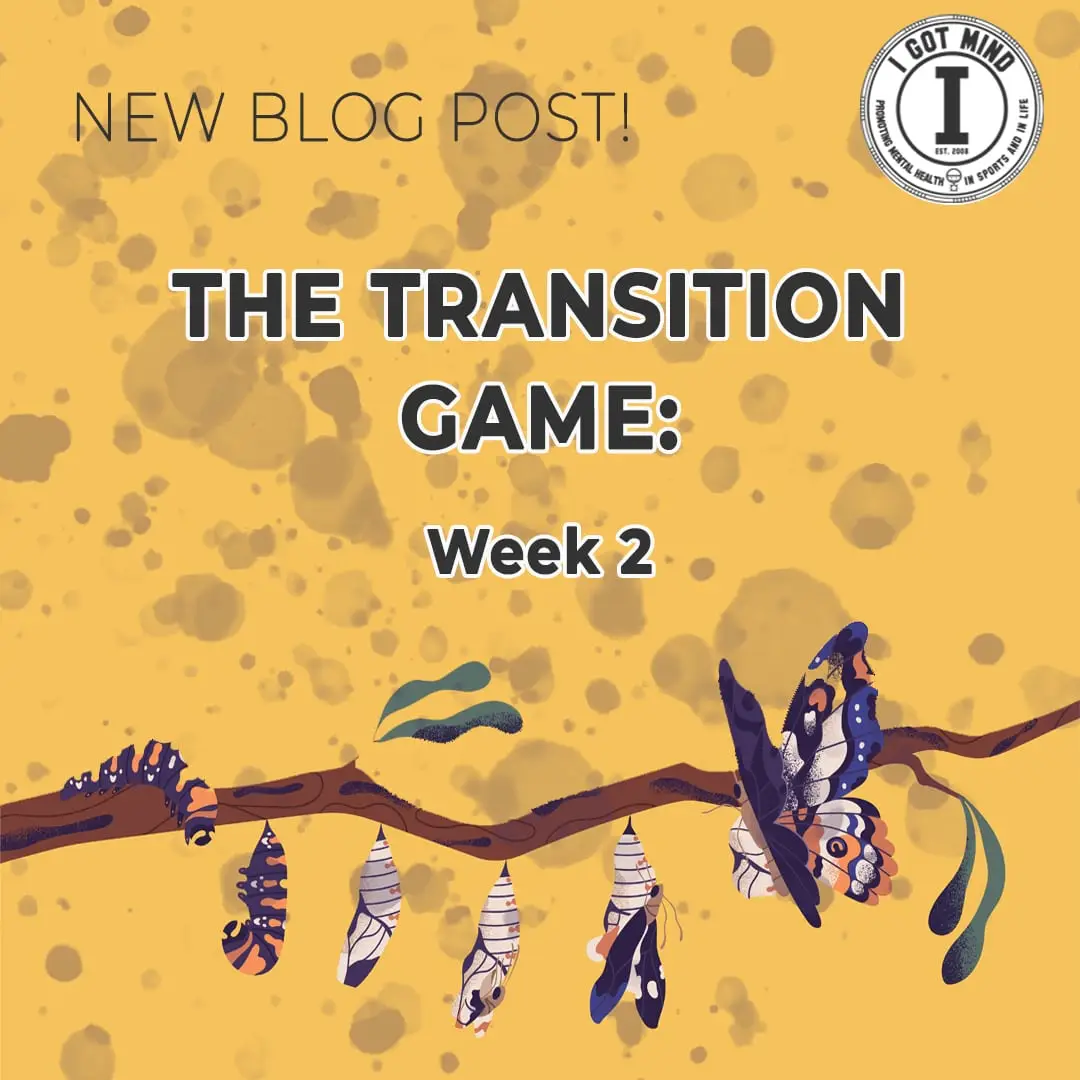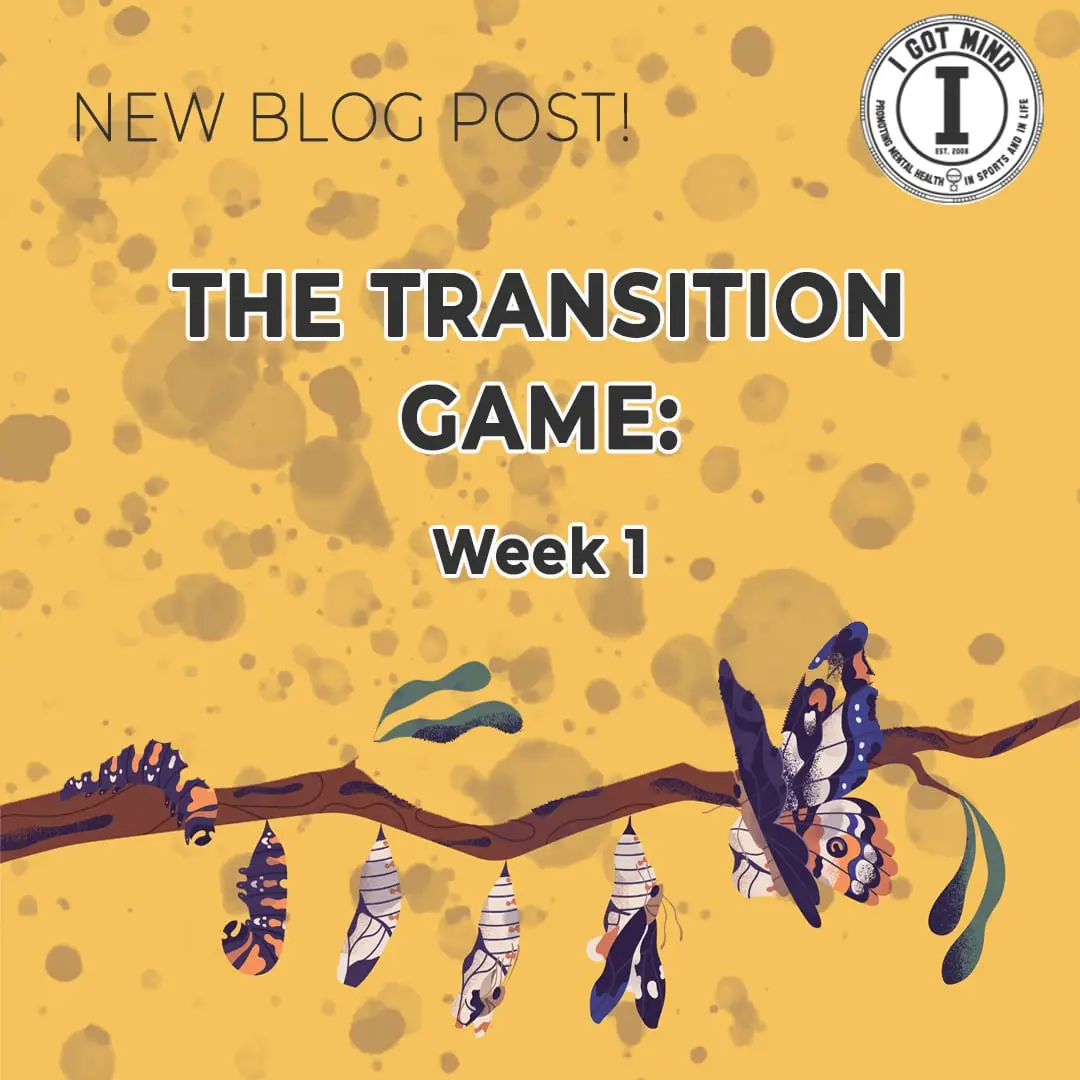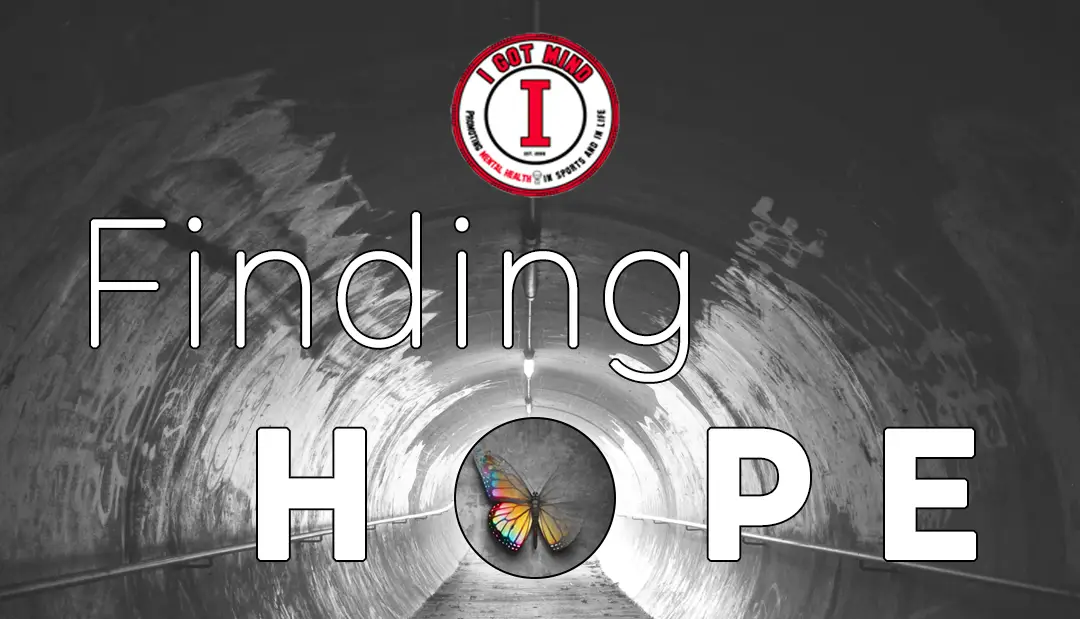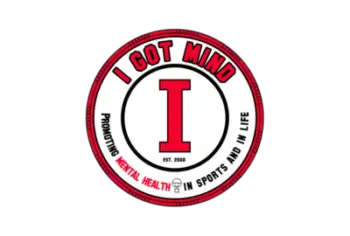Welcome back!
Since last week I have completed the workbook portion of “Who Are You?”, have kept up with my gratitude practice, completing 3 lifts a week plus lots of rollerblading and hiking with my pup, spent as much time in the sun as I can, and have been reaching out to lots of old friends. I am feeling great and have even been able to support a few friends going through hard times which has been very rewarding.
I loved this lesson in the workbook, it was fun to reflect on where I came from, what made me who I am and put pen to paper to lay it all out clearly. In the book it says most people draw a complete blank when you ask who they are, I immediately wrote a page about who I am with no hesitation. That felt great, I can’t wait to see what my facilitator has to say about that and what I wrote. It speaks to how much better I have been feeling, if you asked me that question a couple of months ago I probably would have said “I don’t know, who cares, why are you asking me that?!”
Here is what I wrote:
“I am a hard-nosed Calgary kid who built my own success out of the willingness to do what others would not and the refusal to be intimidated by anyone. I am an animal lover and crazy dog man. I love rap, rock, tattoos, guns, motorcycles, and violent sports but I am highly sensitive and soft on the inside just like the men in my family before me. I am intense but also the biggest goofball man child in the world once you gain my trust. I am an only child but was never lonely, I made my friends my siblings and my Dad always laughed and called me a social butterfly. I am unique, weird, quirky however you want to put it but I have always loved and embraced it with no fear of being judged.”
I’m not sure if I did that right, but either way, it felt good to write, it felt good to remind myself of all these things. After I meet with my facilitator I will likely rewrite it, there is another section at the back for a second draft. I look forward to that as well.
Another task in my homework that had a big impact on me was after some readings I wrote notes about all the ups and downs in my life. Then I had to ask myself “why am I doubting myself, why would I do that”. Which I was already asking myself before getting halfway done with my notes. For starters, my ups list is three times as long as my downs list. Looking at the ups, the times I defied the odds, the way I impacted people around me. When I had a clear picture of who I was and believed in myself, I reached every single goal I set for myself. Yet, here I am after spending 20 years that way, doubting myself every day in every way. Insane. That’s the only way to describe it, it makes no sense. This work has been so eye-opening, it all seems so simple yet I was completely stumped and lost. I guess I just wasn’t asking the right questions or any at all.
The quote at the start of the lesson sums it up best. “Most of the shadows of this life are caused by standing in one’s own sunshine.” – Ralph Waldo Emerson
Thanks for all the support, I hope through sharing my reflections you have been able to do some of your own!
Write you next week,
Esty
